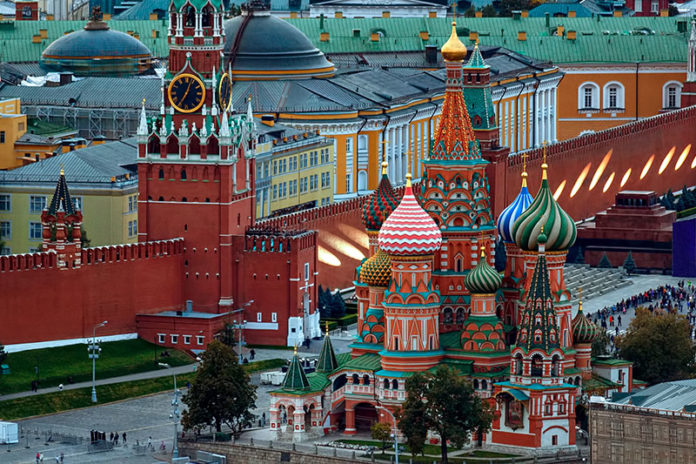“Make America Great Again.” The phrase became ubiquitous during the 2016 presidential election as both a branding tagline and rallying cry for Donald Trump’s campaign. It quickly came to symbolize an “America-first” attitude in solving the country’s problems; rebuffing the rampant “anti-exceptionalism” demonstrated by the previous administration. Now, “MAGA” (as it is often abbreviated) appears to guide Trump’s every domestic and foreign policy decision; even when its applicability may not be clear.
Just last month, the Administration approved plans to sell sophisticated Javelin anti-tank missiles to the Ukraine, bolstering that government’s ongoing conflict against pro-Russian separatists. The move is a dramatic shift in U.S. policy in the civil conflict, as the previous administration refused to offer Ukraine anything other than “non-lethal” aid. As expected, Russia condemned the move as an intentional provocation that could easily escalate tensions not just within the region, but between Russia and the U.S. as well.
Western experts, too, question the military effectiveness of the decision, and believe poking the “Russian bear” may have been Washington’s true motive. “This idea doesn’t flow from a policy or strategy,” Michael Kofman, an expert on Ukraine, told the Washington Post in August of last year, referring to the then-proposed deal for Javelins. According to Kofman, tank battles are increasingly rare; and while they might prove a factor in skirmishes yet to come, the arms deal is more likely meant as a political message to Putin. “The Ukrainians want the U.S. to provide them with a weapon as a meaningful signal in Kiev and the Kremlin,” Kofman noted.
There are, however, very real questions that should be asked, and answered coherently and expressly. Of what strategic military, diplomatic, or economic value to the U.S. is providing anti-tank missiles to Ukraine? Does it strengthen (or perhaps weaken) America’s military power? Does it provide the U.S. meaningful leverage in the international community? Or, does it further tie America to another foreign civil war in which our interests take a back seat to those of another government and citizenry?
In other words, what exactly is America’s “vital national security interest” underlying this consequential move? This is the same question many asked in April last year, following Trump’s order to launch some five dozen cruise missiles at what was a rudimentary Syrian Air Force facility; but one that apparently had been the base from which some Syrian jets had taken off to drop chemical bombs on that country’s civilian population.
Syrian President Bashir Assad is a bit player on the world stage; propped up by temporary benefactors in Tehran, Moscow, and perhaps a few other puppet masters. It is easy to target and bomb his military installations, and there is little he can do in retaliation. Russian President Vladimir Putin, on the other hand, is not a bit player and Russia is not a third-or fourth-rate military power.





























